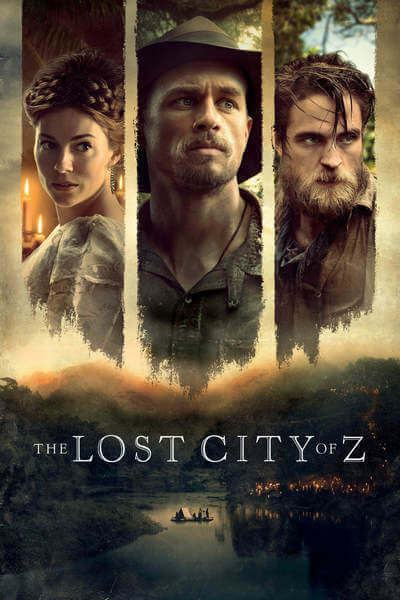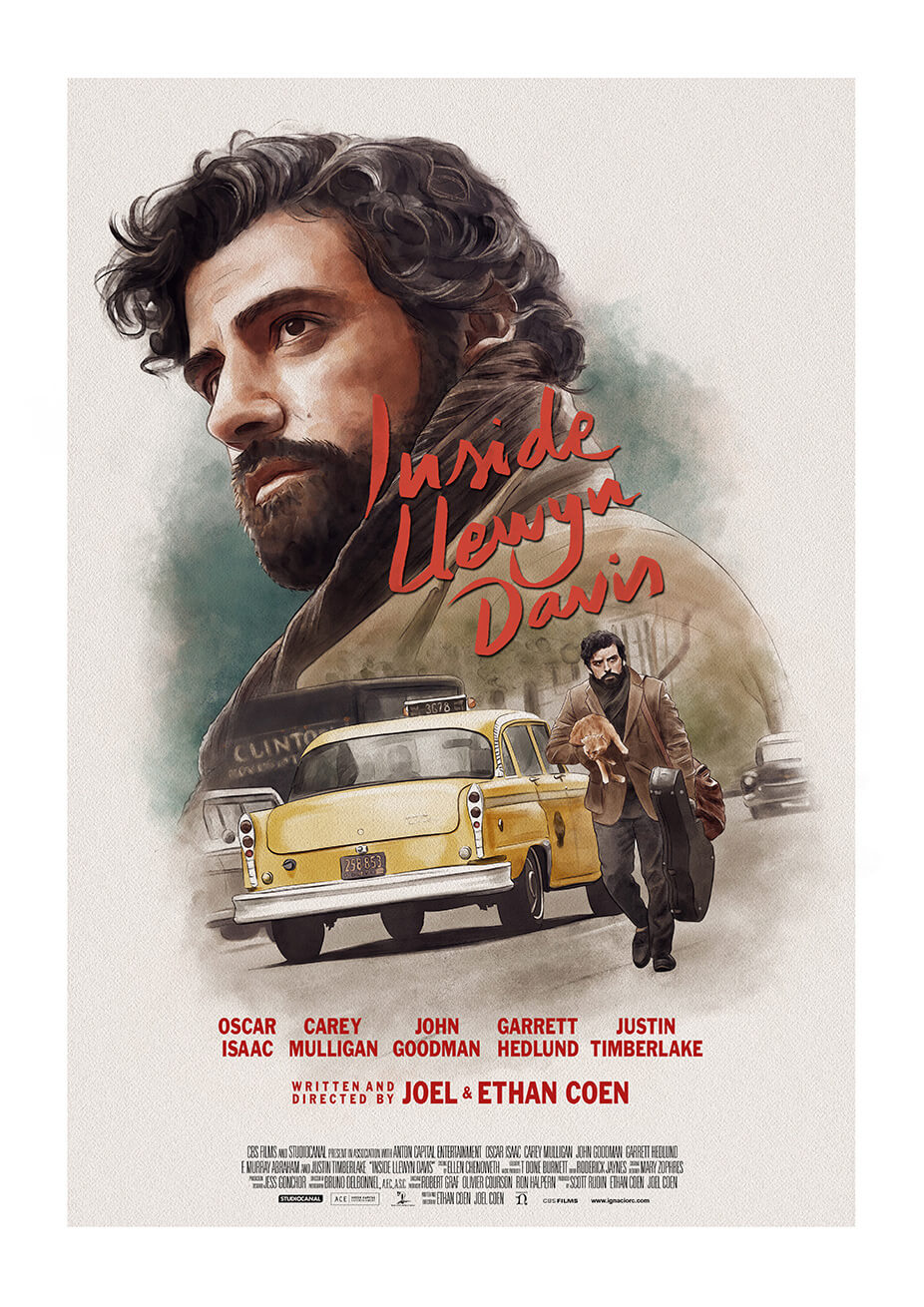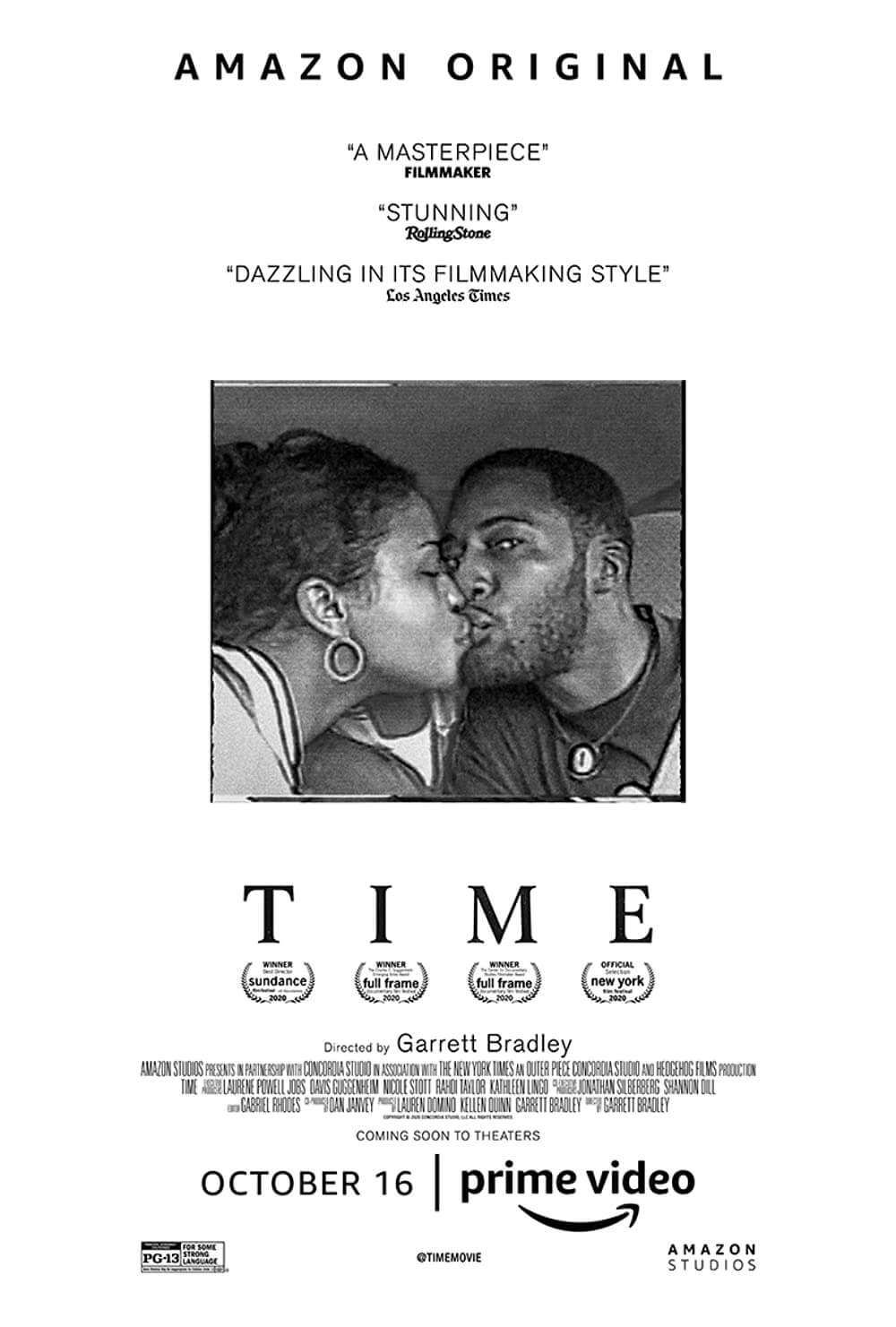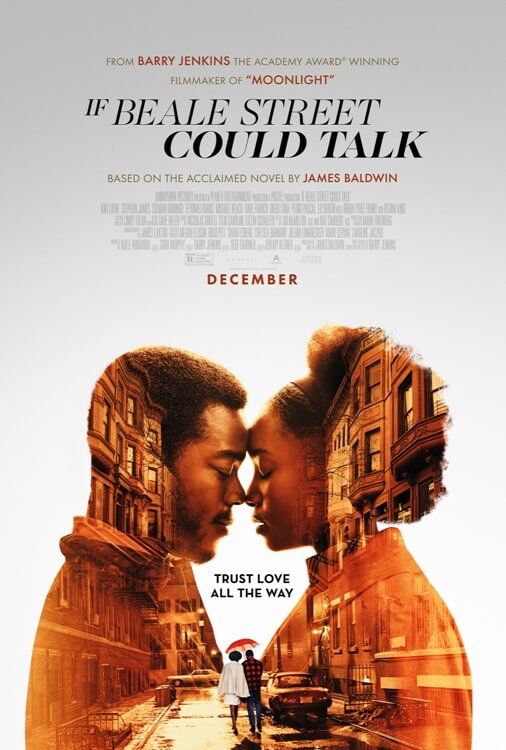[upon every return from an excursion into the darkest corners of basement storage, where lie untold horrors and boundless treasure, contributing writer and famed urban explorer marrrrrrr celebrates with a casual feast for one and a biographic movie about the tireless discoverers that came before. this is Midnight Movies.]
film: The Lost City of Z (2016)
food: the ol’ standby. (salmon/bell peppers ramen)
pre-game: new year, old stories. biographical drama about a british explorer’s repeated and failed attempts to locate a city in the middle of the amazon jungle. got raves in the notices, but mostly overlooked at the box office. tom holland co-stars for people looking for a spooderman fix. avail rn for primers.

post-game: some films, like The Lost City of Z — James Gray’s biographical drama about explorer Percy Fawcett, are a little too romantic for their own good.
by “romantic” i don’t mean in film genre about human coupling (though there are several scenes showcasing the tender intimacy between Fawcett (Charlie Hunnam) and wife Nina (Sienna Miller)), but in the artistic and philosophic sense. instead of opting for pure verisimilitude, the filmmakers bend the narrative around evoking what they imagine as Fawcett’s unbridled passion for exploring the jungles of south america. ironically, a more realistic approach might’ve worked even better.
despite obvious skill, a young Percy Fawcett is locked out of career advancement in the british military on account of his “poor choice of ancestors.” so, on temptation of being able to establish himself and provide for his family (which already includes one son and another on the way), Fawcett agrees to lead a survey party to map the border between bolivia and brazil to deescalate an impending conflict over the burgeoning rubber trade, thus initiating his lifelong obsession with the jungles of the amazon.
during this first expedition, Fawcett, including future friends Henry Costin (Robert Pattinson) and Arthur Manley (Edward Ashley), encounter hostile tribes, ravenous fish, food shortages and disease. among their party is also an enslaved indigenous scout (Pedro Coello), who tells Percy of a lost city deep in the jungle unknown to white men. Fawcett, at first, dismisses them as “fairy tales,” until he finds remnants of advanced pottery and stone statues at the source of the river on which they had been traveling. Fawcett uses this evidence as leverage to secure support for a return expedition in search of “zed”, allegedly motivated, in part, because the city would provide definitive proof that the “savages” were actually as advanced as europeans.

Fawcett’s staunch egalitarian views is one of the more noticeable fantasies of the screenplay. even absent a conflicting account (at the time the film was released, explorer and historian John Hemming denounced the real-life Fawcett as a racist and “nutter”), movie-Fawcett’s progressive politics stretch the point of credibility. not that much would be helped by portraying him as downright prejudiced, but the screenplay’s insistence on reminding the audience of Fawcett’s inherent “goodness” by depicting him as a lone crusader for indigenous rights feels like an artificial machination to create a more “likable” protagonist. it’s a decision that is not only unnecessary (particularly since films like There Will Be Blood (2007) have proved that audiences can relate to the obsessive passions of even downright “bad” characters), but also eliminates any potential dynamism when Fawcett and the indigenous tribes begin building relationships with each other.
a similar manipulation is the inclusion of an epilogue describing the discovery of ancient ruins near where Fawcett theorized the location of “zed.” regardless of its veracity, why, for the purposes of the movie, does Fawcett need to be “right?” if “life is a mystery,” as even Fawcett says toward the end of the film, would it not be a more powerful demonstration of that theme to leave the question of zed’s existence ambiguous? what better way to compare the human experience to a repeated descent into a dangerous unknown than to never resolve the very “purpose” of that descent?
not helping matters was how immediately the movie reminded me of Chinua Achebe’s famous critique of Heart of Darkness. Achebe argues, among other things, that Conrad’s racism manifests itself in the novel by treating an entire continent of numerous peoples and cultures and histories as nothing more than a metaphor for a single white man’s spiritual journey. i don’t think it’s ethically disqualifying for a group of mostly white filmmakers to make a film about a white man’s travels into indigenous territories, but by centering the film nearly entirely on Fawcett’s perspective a multitude of similarly interesting viewpoints are denied.
in fairness, The Lost City of Z treats the indigenous people in its story with much more humanity and sympathy than Conrad’s depictions of africans in Heart of Darkness (in one scene, for example, Fawcett stands in awe at the sophistication of a host tribe’s farmlands). but, only once, toward the end of the movie, does the film fully switch perspective to an indigenous character: asked what they will do with the captured Fawcett, a tribal leader responds, “let us find a home for his spirit.” it’s a simple line, but it provides so many layers to what follows that it made me wonder why a film that, thematically, seems about the allure of chaos and complexity would mechanically embrace simplicity by focusing exclusively on one point of view.
in spite of all this, The Lost City of Z is a visual feast. there are far shots of crowded ballrooms with perfectly in-sync waltzing. there’s delicate toying of light and shadow during whispered conversations. there are sweeping shots of the crowded lecture hall at the royal geographic society. and i still haven’t mentioned the jungles. evidently shot in colombia, the camera sees the jungles the way Percy does: through the eyes of love.
in fact, The Lost City of Z could even work best as a dramatic romance between Percy Fawcett and the amazonian jungles.
but it might have been stronger if the biographers weren’t so in love with their subject.
rating: a delicious pitcher of tropical sangria with an unknown fruit that overpowers the other flavors and is achingly sweet.



